I have a table, DEBTOR, with a structure like this:

and a second table, DEBTOR.INFO structured like this:

I have a select list made of record IDs from the DEBTOR.INFO table. How can I
select * from DEBTOR WHERE 53 IN (name of select list)?
Is this even possible?
I realize this query looks more like SQL than RetrieVe but I wrote it that way for an easier understanding of what I'm trying to accomplish.
Currently, I accomplish this query by writing
SELECT DEBTOR WITH 53 EQ [paste list of DEBTOR.INFO record IDs]
but obviously this is unwieldy for large lists.